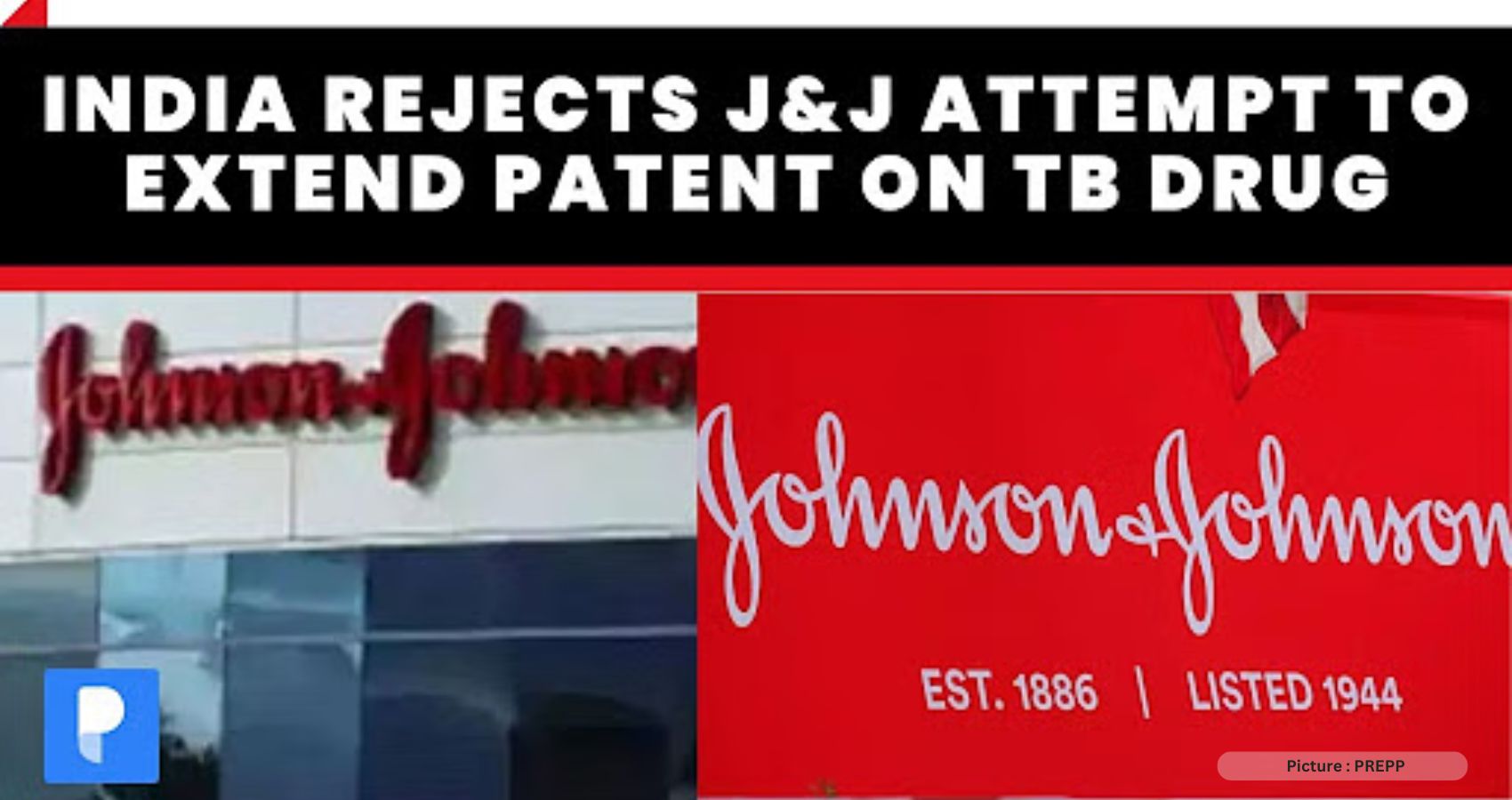U.S.-based pharmaceutical company Johnson & Johnson (J&J) has made a significant announcement, declaring that it will not exercise patent rights for Sirturo, its brand name for bedaquiline, in 134 low- and middle-income nations. This decision comes in response to global pressure urging the company to refrain from pursuing additional patents for its groundbreaking tuberculosis drug. Notably, the Indian Patent Office rejected J&J’s application for a secondary patent related to the fumarate salt of bedaquiline.
Bedaquiline represents a groundbreaking development in tuberculosis (TB) treatment, being the first drug for TB to receive global approval in more than four decades. It stands out for its reduced toxicity and enhanced effectiveness compared to conventional TB treatments.

The commitment to not enforcing bedaquiline patents in specific regions is seen as a significant step toward ensuring broader access to affordable generic versions of the drug for individuals in low- and middle-income countries, particularly those suffering from drug-resistant TB. The announcement has been met with praise from the Access Campaign, a part of Médecins Sans Frontières (MSF), an international medical humanitarian organization.
The Access Campaign applauds this development, attributing it to the persistent efforts of TB activists, civil society, and countries prioritizing public health above corporate interests. They also highlight that after the rejection of J&J’s attempt to extend its monopoly in India, national TB treatment programs in Ukraine and Belarus have also requested the company to relinquish its secondary patents within their borders.
Furthermore, the South African Competition Commission’s recent investigation is noted as having exerted considerable pressure on J&J, likely contributing to the company’s decision.
Looking ahead, the Access Campaign now urges Japanese pharmaceutical giant Otsuka to follow suit and publicly commit to not enforcing secondary patents in low- and middle-income countries for another critical TB drug, Delamanid. Notably, Otsuka’s primary patent for Delamanid is set to expire shortly in India and several other nations. Delamanid plays a vital role in combination with bedaquiline, particularly in the treatment of pediatric TB cases.
In response to these developments, at least three Indian pharmaceutical companies, namely Lupin, Natco, and Macleods, have expressed their preparations to introduce generic versions of bedaquiline. This move is expected to further enhance the availability of affordable TB treatment options.











